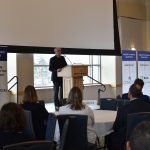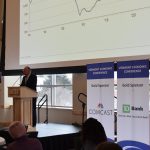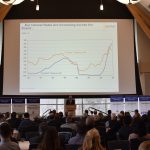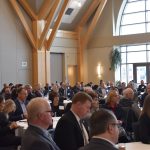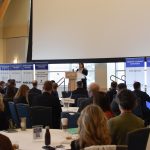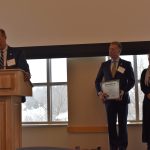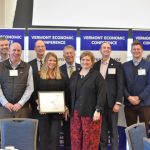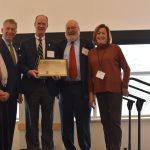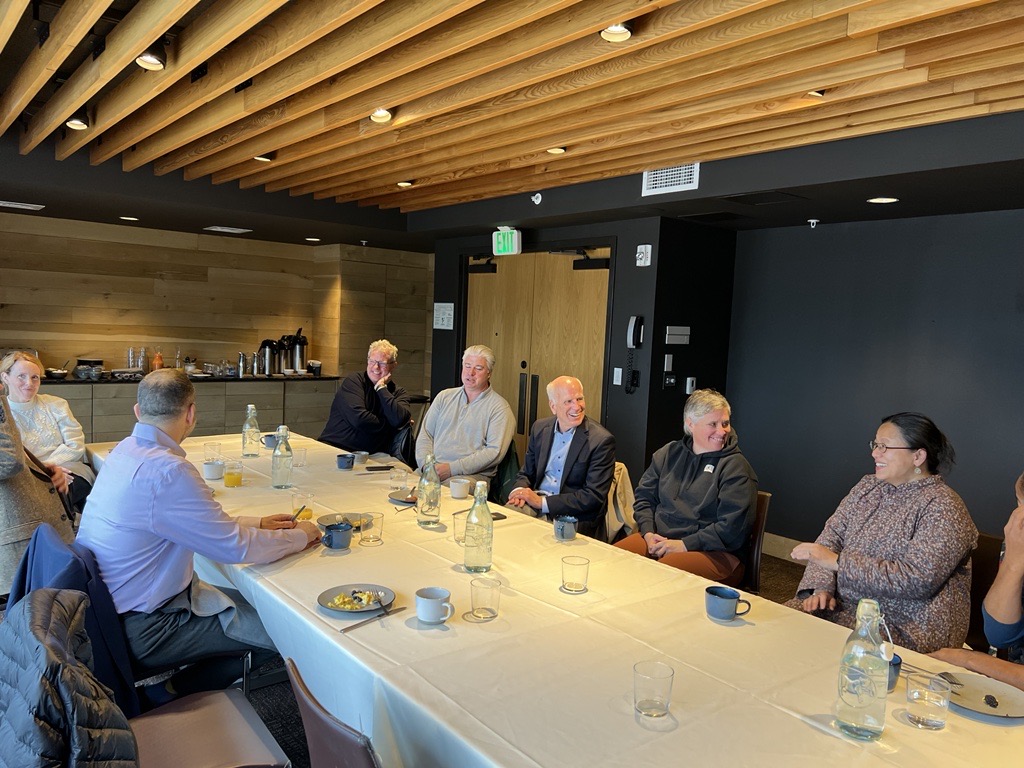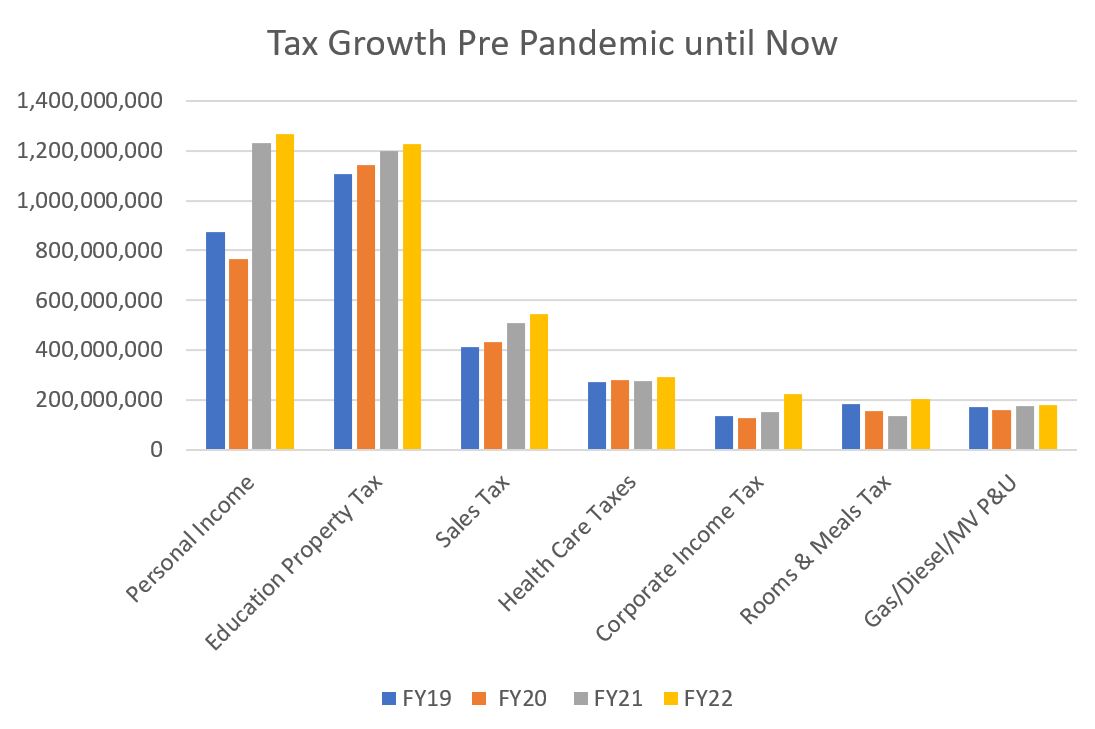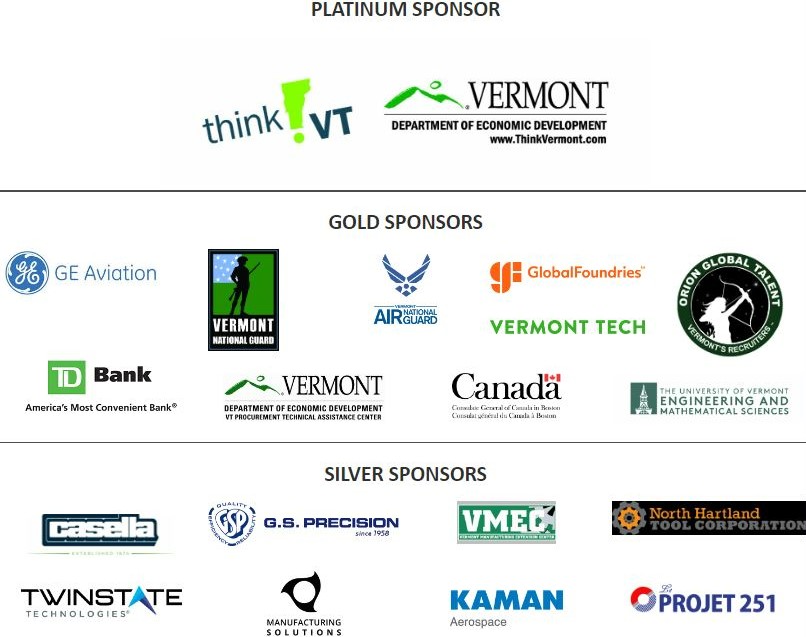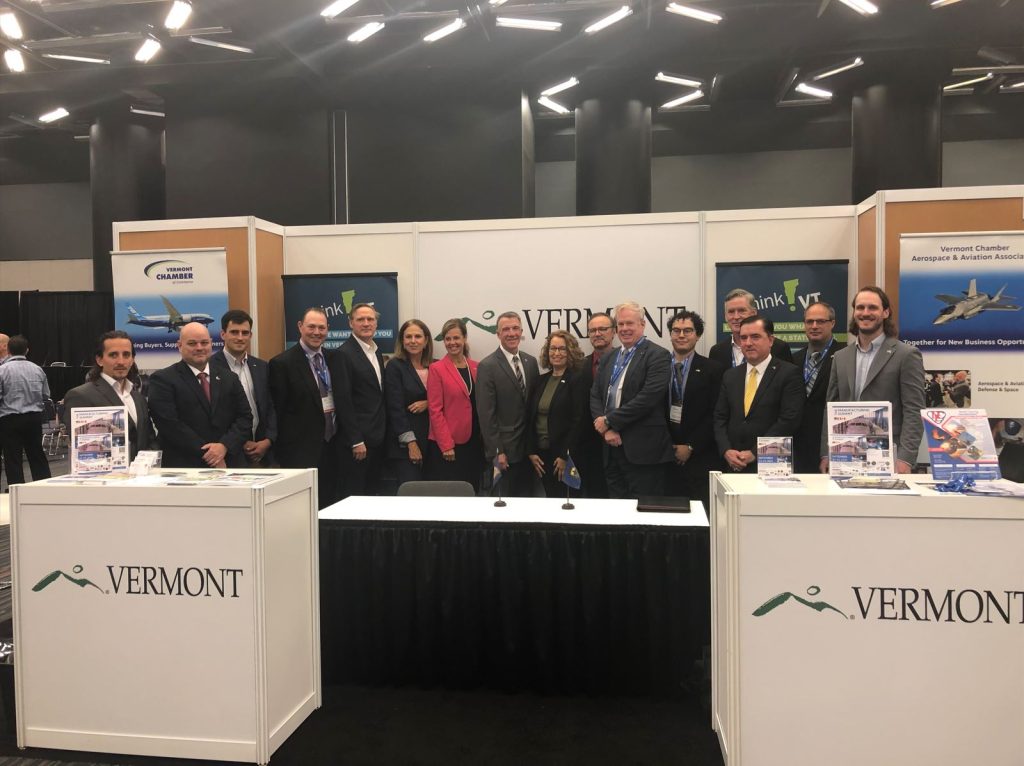
This commentary is by Megan Sullivan, Vice President of Government Affairs for the Vermont Chamber of Commerce, Tino Rutanhira, Co-Founder and Board Chair for the Vermont Professionals of Color Network, and Kelly Stoddard Poor, Director of Advocacy & Outreach for AARP VT.
In the past year, local news outlets have covered recurring instances of essential housing projects being delayed by one, or a few people. Stories from Jericho, South Burlington, Middlebury, Williston, Castleton, Waterbury, Morristown, Burlington, Winooski, Hartford, Putney, and others, highlight how easy it is to obstruct housing progress in Vermont.
Legislators of all parties, businesses from all industries, and communities across the state, agree that housing is the foundational challenge for Vermont right now. We can no longer allow state and local regulatory processes to be weaponized to derail housing opportunities.
This has to stop.
Over 85 municipalities have adopted a Declaration of Inclusion, an initiative with the intent to attract people with myriad skills and traditions to Vermont to live, work, and raise families in a state that values and encourages diversity in its population. But, when it comes to building housing for new community members, Vermonters in these same cities and towns are discouraging development.
For an economically secure, sustainable, and equitable future, Vermont needs more people of diverse backgrounds to move here to live and work. However, recent graduates and seasoned professionals alike are deterred from coming to Vermont due to the statewide supply shortage of suitable housing.
Additionally, we must better meet the needs of older Vermonters, who are essential members of our workforce and communities. There is a significant misalignment between the housing that is available, and the type of housing Vermonters need and want. For older adults who want to downsize to modestly sized alternatives, the housing supply isn’t meeting their needs. Instead, downsizing often requires leaving their community altogether and parting with the place they’ve called home for years.
Seven years ago, the Vermont Futures Project set a target of bringing 5,000 new or retrofitted units online per year, to keep supply in line with demand. Since then, we have seen hundreds of millions of dollars invested in housing, but the crisis continues to worsen. Since 2016, the annual average of new units permitted has been under 2,000. This means we are moving backwards, rather than forwards. While statewide investments are still part of the equation, a singular focus on investing tax dollars into housing must be broadened to create long-term and sustainable solutions for housing people of all ages and economic backgrounds.
The Vermont housing crisis requires bold leadership at both the state and local levels to reduce barriers to the creation of housing. Communities must take a stand against instances of individuals derailing projects that are in the public interest. Where state tax dollars have funded roadways, water systems, and public buildings and resources, the state has an obligation to maximize these investments, and allow more people to live near these resources paid for with taxpayer dollars.
If housing is the top priority in the legislature, we need to see the issue receive immediate and aggressive attention this legislative session. Legislation that makes real change to address our housing crisis should be the first bill on the Governor’s desk this session.
To address the housing shortage, we recommend the following solutions:
Break Down Barriers– Modernize Act 250 and remove its requirements for housing in areas with state designations and restrict local zoning practices that inhibit the creation of housing options in smart growth areas. Exclusionary zoning and outdated land use regulations are adding prohibitive and often duplicative costs and delays. This hinders the ability of Vermont to welcome a new and diverse population to live, and work, here. It restricts the ability to build age-friendly homes for older Vermonters and to create more housing opportunities for BIPOC Vermonters who want to remain here.
Strategic Investment– Increase the workforce housing supply with a dedicated strategy for middle-income earners to access a progression of housing from tenancy to homeownership. Provide financial incentives to assist communities with the necessary infrastructure and planning resources to create housing opportunities for rural, aging, and historically marginalized BIPOC Vermonters.
Public-Private Partnership– Bring employers, developers, and government/non-government stakeholders together to find and finance housing opportunities in employment hubs. We need more voices with new ideas at the table to find new solutions.
Collect Data– Create a statewide registry of short-term rentals to understand how these operations are impacting the housing market for both rental and homeownership opportunities.
_______________________
About the Vermont Chamber of Commerce
The largest statewide, private, not-for-profit business organization, the Vermont Chamber of Commerce represents every sector of the state’s business community. Its mission is to create an economic climate conducive to business growth.
About the Vermont Professionals of Color Network
The Vermont Professionals of Color Network (VT PoC) is an organization built to advance the economic, professional, and social prosperity of all Black, Indigenous and People of Color (BIPOC) in Vermont. With membership across Vermont, the goals of VT PoC remain consistent: to build from within, to create opportunities for BIPOC to climb the economic and professional ladder, and to transform Vermont’s demographic and labor challenges by creating an economically secure, sustainable, and equitable future for BIPOC Vermonters.
About AARP
AARP is the nation’s largest nonprofit, nonpartisan organization dedicated to empowering Americans 50 and older to choose how they live as they age. With nearly 38 million members and offices in every state, the District of Columbia, Puerto Rico, and the U.S. Virgin Islands, AARP works to strengthen communities and advocate for what matters most to families with a focus on health security, financial stability and personal fulfillment. AARP also works for individuals in the marketplace by sparking new solutions and allowing carefully chosen, high-quality products and services to carry the AARP name. As a trusted source for news and information, AARP produces the world’s largest circulation publications, AARP The Magazine and AARP Bulletin.










